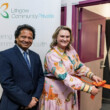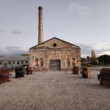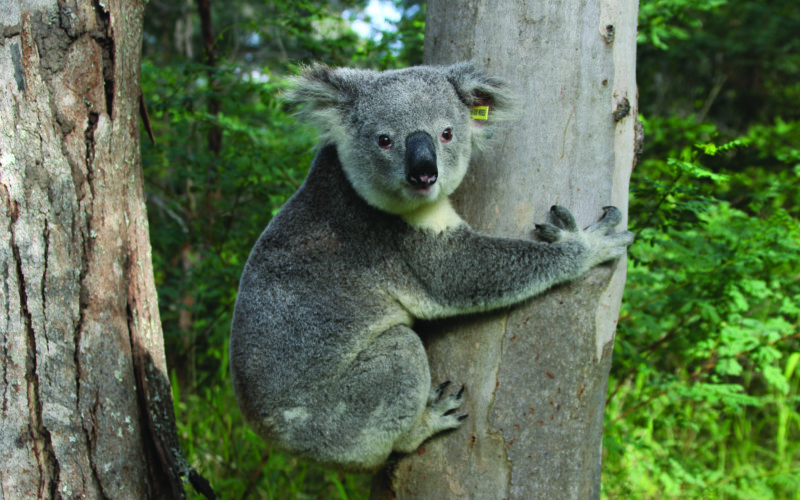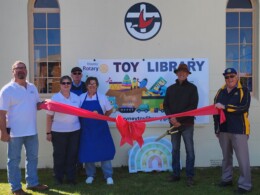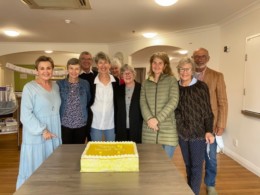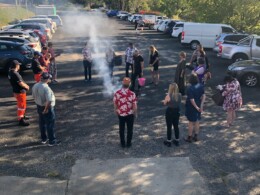Landholders living on the edge of the World Heritage Area have an important role to play in protecting koalas, and a new survey is seeking to understand any barriers that might prevent people from helping our furry friends.
In the Black Summer bushfires of 2019-2020, 80 per cent of the Greater Blue Mountains World Heritage Area (GBMWHA) burnt, having significant impacts on our wildlife including populations of koalas which call the area home. Two years later, we’re a long way from recovering the millions of animals lost.
According to Science for Wildlife’s Dr Kellie Leigh, the scale of the fires means that the unburnt habitat that does remain in and around residential areas is more important than ever for wildlife conservation.
“If we can protect remaining koalas in these areas that didn’t burn, in the asset protection zones around people, then these koalas may help to recolonise the bushland in the protected areas as it recovers,” Dr Leigh said.
“As well as properties on the eastern and western side of the ranges, those living within the GBMWHA are also critical to koala conservation. With the scale and intensity of bushfires expected to increase under climate change, fire management within protected areas is also a key need.”
The Science for Wildlife team is seeking residents and landholders living in and around the Greater Blue Mountains World Heritage Area – including Blue Mountains, Hawkesbury, Penrith, Lithgow, Oberon, and Mudgee – to take part in a survey to measure people’s attitudes to koala conservation, along with identifying any barriers.
This survey follows on from a similar poll conducted in December 2020, which found that, of the people surveyed, most understood that there are some conflicts to people and koalas living in harmony, however the majority were keen to strike the balance.
Dr Lachlan Pettit, Conservation Ecologist with Science for Wildlife and a Blue Mountains local, said hazard reduction was a key issue identified in the survey as a potential conflict.
“When it came to whether hazard reduction was important for protecting lives and properties, attitudes were mixed, however most people acknowledged that hazard reduction had the potential to impact wildlife including koalas. Our first survey was soon after the bushfires, now two years later after good rains we’re keen to see what people think.
Dr Pettit is inviting people to participate in the 2022 survey, which will expand on the previous results, with the aim of helping the organisation work with people to find solutions that respect the different values that people hold. Results from the survey will be used to inform future land management practices in the GBMWHA.
“It’s a tricky thing to strike a balance between protecting ourselves and our homes, and also protecting the wildlife and the places we love. If we live on the edge of a World Heritage Area how do we feel about that? We’d love to have your input,” he said.
To participate in the survey, visit the link below or scan the QR code:
https://www.surveymonkey.com/r/Koalashaveyoursay
All responses are anonymous.



